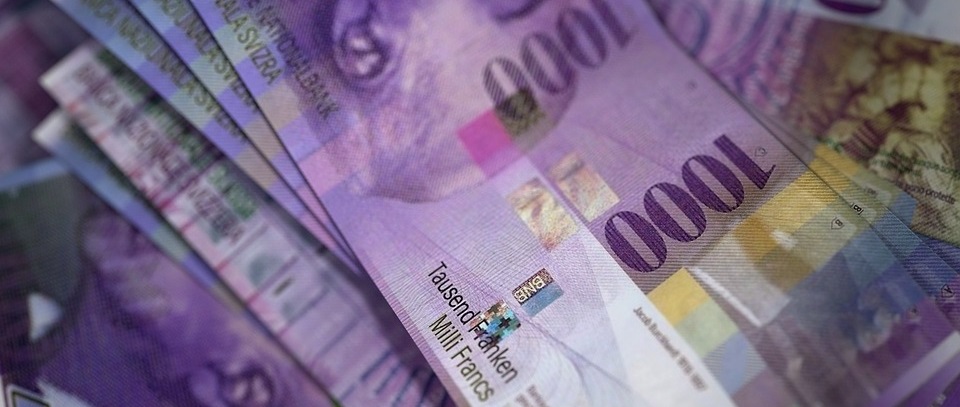9.4
7.451 Reviews

English
EN
In recent years, there has been increasing uncertainty about the future of cash. Several economists argue for the abolition of large banknotes, because they believe they would mainly be used for tax evasion and terrorist financing. The European Commission is even consideringRestrictions on the use of cash. Not all central banks are going along with this trend, as the Swiss central bank announced this week that cash is just as important to it as scriptural money.
At the World Banknote Summit in Basel Stressed the Swiss central bank highlights the importance of cash to the economy. Fritz Zurbrügg, the vice-chairman of the central bank's Governing Council, said in his speech that the demand for banknotes is still very high and that the amount of cash as a percentage of gross domestic product has actually increased in several countries in recent years, partly as a result of the financial crisis and extremely low savings rates.
Demand for cash has actually increased since the outbreak of the financial crisis (Source: Swiss National Bank)
Especially in times of crisis, the demand for banknotes increases (Source: Swiss National Bank)
According to the Swiss central bank, cash is a safe way to store some of your assets outside the banking system. And with the introduction of a negative interest rate in January 2015, there is an extra reason to keep part of your assets in cash . Because this is not yet happening on a large scale, the Swiss central bank sees no reason to withdraw large banknotes from circulation.
According to the central bank, cash also deserves a place as a means of payment alongside the various electronic payment options. We see the popularity of contactless payments and mobile payments increasing, but according to the central bank, these various modern payment techniques mainly compete with each other and not with cash.
According to the central bank, people who continue to use cash do so mainly out of habit or lack of technological knowledge. Also, some people find it easier to budget with money that they can physically hold and count. There are also situations in which cash is more appropriate than a bank transfer, for example if you want to give someone money as a gift.
On paper, there is no difference between a 100 Swiss franc note and a 100 Swiss franc credit in your bank account, but the fact that you can always keep that banknote with you gives it a greater value than a bank balance in some situations. According to the central bank, cash has the advantage that it does not require a functioning banking system and can therefore be used at any time. Because there is no need for a third party, a cash transaction can take place instantly, without any delay or uncertainty.
A second advantage of cash cited by the central bank is data security. With electronic payments and bank accounts , it is more difficult to guarantee privacy, because all data is stored in computer systems. As a consumer, it is difficult to oversee who has access to your payment information. Like the Bundesbank, the Swiss central bank also values the element of privacy. With cash, you can make payments instantly, without leaving a trace of information.
Fritz Zurbrügg concludes that there are still good reasons to use cash, both as a means of payment and as a means of savings. And because, according to the central bank, there are enough laws and regulations to combat money laundering and terrorist financing, it has no plans to withdraw the largest 1,000 Swiss franc note from circulation. This is a reassuring thought for wealthy savers who use these notes to hoard money or who actually use them to pay for large purchases. Last year, the ECB announced that it would stop producing €500 banknotes.

Cash remains important in Switzerland
If it is up to the Swiss central bank, all banknotes will remain in circulation alongside scriptural money. It is up to the consumer to choose the means of payment, while the role of the central bank is to guarantee the security and reliability of all payment options. From Zurbrügg's speech:
The possibility of making payments is a basic condition for participation in economic transactions and should be accessible to all. This shouldn't be attached to the requirement that you have to have a bank account. By fulfilling both tasks, ensuring the distribution of cash and facilitating a secure cashless payment system, the Swiss central bank lays the foundation for the public to choose the preferred payment option for each transaction .
The World Banknote Summit is a new platform intended to bring together all parties involved in the production and distribution of banknotes. It is no coincidence that this initiative comes from Switzerland, the country where wealthy people from all over the world keep their gold, money and other assets.
